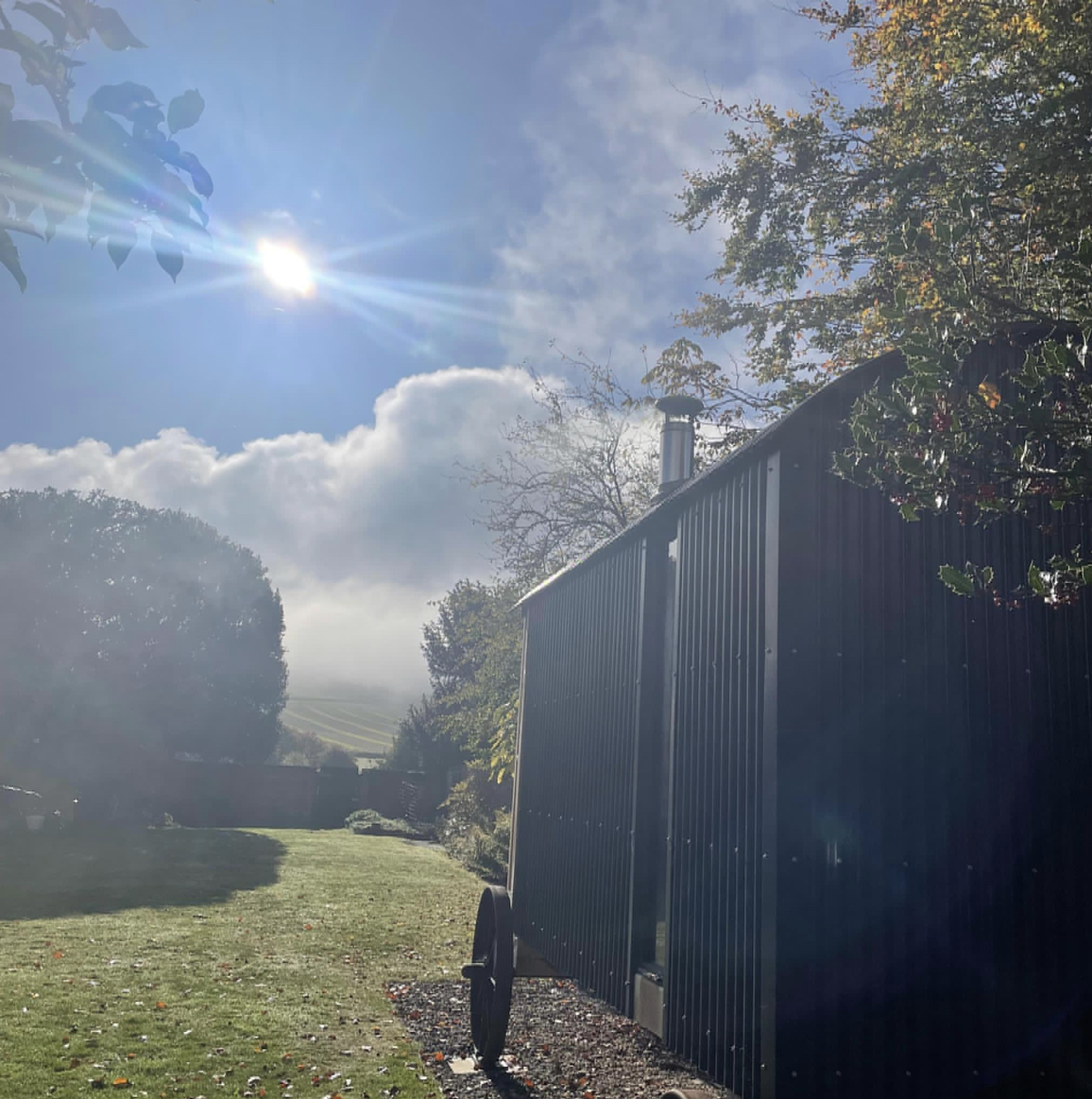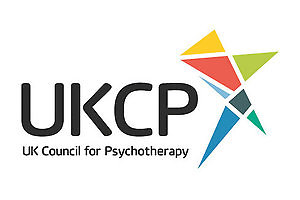
"It's a joy to be hidden, but a disaster not to be found." Donald Winnicott
Q. How much does each session cost?
My standard fee is £70 per session.
Q. How long is each session?
Each session lasts for 50 mins and is held at the same time and place each week. I do not offer bi-weekly sessions.
Q. What can psychotherapy help with?
It can help with a broad range of emotional, psychological and relational challenges.
These include, but are not limited to - anxiety; overwhelm; stress; lack of confidence; coping with the impact of abuse; depression / sadness / grief / emptiness; mood swings; unsatisfying or destructive relationships; obsessive thoughts and behaviours; panic attacks; anger; loss of purpose / meaning / pleasure; overcoming trauma.
I invite you to get in touch to discuss what you are looking for and whether I feel I could help.
Q. What does 'humanistic' mean?
This means that in my therapy room I create an empathic, unconditional and authentic attitude, responding to the individual sitting in front of me, whilst trying to ensure the best opportunity for growth and understanding. It can take patience, understanding and risk to move towards wholehearted engagement and, I believe, has the power to be transformational.
Q. What does 'integrative' mean?
Integrative psychotherapy brings together thoughts and ideas from multiple schools and disciplines. Being trained 'integratively' means that I am able to draw on a variety of theories, helping you to gain understanding around your thought processes, as well as those of feeling and behaviour. We will also consider how your past might be shaping your present and, slowly but surely, as your self-awareness and compassion grows, so will your internal landscape and emotional weather. It's about cultivating a curious and compassionate lens through which to view your present and historical experience, supporting you in creating a more intentional and desirable future.
Q. How do I choose a therapist?
Searching for a therapist can feel daunting. I would start by looking for one who is registered and accredited by a professional regulatory body. In the UK these include the United Kingdom Council of Psychotherapy (UKCP) or the British Association of Counselling and Psychotherapy (BACP). After that, I would consider the practical logistics such as geographical location, availability, training and experience, cost etc. Once this has whittled down the list, I believe it is about meeting them and seeing how you feel. So much of the success of therapy is in the alchemy of the relationship and so it is important that you speak or meet them first to allow you to check-in and listen to how you feel in their presence.
Q. How frequently will we meet?
My standard practice is to meet once a week. You will have a dedicated time slot that is yours until our work together comes to an end. Much of the success of therapy is in the cultivation of a trusting relationship and, I feel, that meeting less than once a week can really hinder this process.
Q. How long does psychotherapy last?
Psychotherapy is an open-ended process and working in private practice means that I work without a fixed time limit. When you feel you'd like to bring the work to a close we will work towards an ending. This is considered to be an important part of the psychotherapeutic process so, when the need arises, we will discuss it and work together to enable the most therapeutic outcome possible. In my experience, it is not uncommon to have several periods of 'being in therapy', either with the same therapist, or maybe with several, each creating a chapter in your healing and growth.
Q. What happens in a session?
Our initial session will be a chance to meet and feel into what it might be like to work together. You may have some questions about the way I work, and I will ask some questions about you and what you might be hoping for. Some clients come with a clear idea of what they want to be with, whilst others sit down and have no idea where to begin or what to say. There is no 'right' way to be and together we will tune into where you are so that we can start trying to make sense of it.
Q. What sort of commitment do I need to make to therapy?
Psychotherapy can be a slow process and is most beneficial when a long-term relationship between us is allowed to strengthen and unfold.
My commitment to you is to meet you at the same time and place each week. I generally take my breaks during standard holiday times (Christmas, Easter, summer) and will give you as much notice as possible. These sessions will not be charged for. In the rare instance that I need to cancel a session, you will also not be charged.
All other missed sessions will be charged for however, you will be entitled to nominate a further 2 unpaid ‘holiday’ sessions per rolling year, starting from the date we first meet for therapy.



